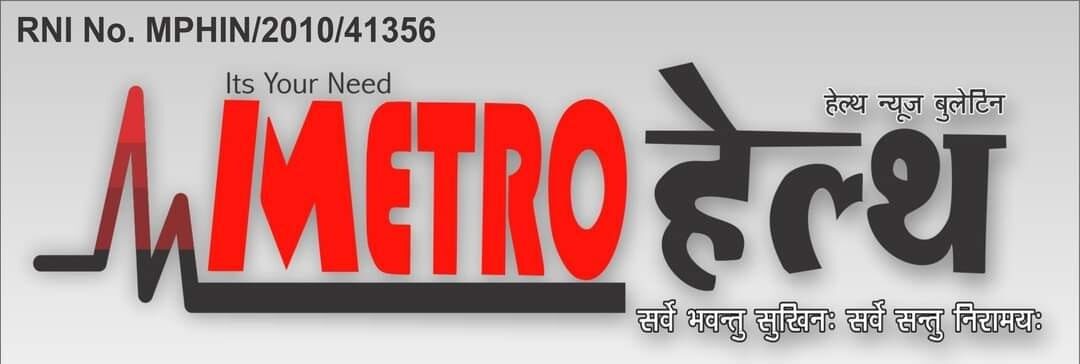Shield Your Heart This Winter: Expert Tips and Insights – News18
Last Updated:
Winter requires special attention to heart health, but with proactive measures and expert guidance, you can minimize risks and enjoy the season
A healthy heart rate typically ranges from 60 to 100 beats per minute. If your heart beats steadily without any irregularities, it is a sign of good health. (News18 Hindi)
Winter brings a distinct set of challenges for heart health, with cold weather posing risks for those with pre-existing conditions or heightened susceptibility to cardiovascular issues. Experts Dr Joy Saibal Shome, Consultant Intervention Cardiologist, and Dr Anjan Siotia, Director of Cardiology, BM Birla Heart Hospital, share valuable insights on how to safeguard your heart during the colder months.
The Effects of Cold on Heart Health
Dr. Joy Saibal Shome emphasizes that colder temperatures cause blood vessels to constrict, increasing the workload on the heart. “Winter poses unique challenges to heart health, with colder temperatures causing blood vessels to constrict and increasing the workload on the heart. To keep your heart healthy during winters, it’s essential to adopt a proactive approach,” he says.
To combat this, Dr. Shome advises dressing warmly to prevent sudden exposure to cold, which can elevate blood pressure and strain the cardiovascular system. He also highlights the importance of maintaining a balanced diet rich in seasonal vegetables, whole grains, and heart-healthy fats, while limiting processed and high-fat comfort foods.
The Impact of Winter on Cholesterol Levels
Dr. Anjan Siotia notes that cold weather can significantly affect cholesterol levels, often increasing low-density lipoprotein (LDL), or “bad cholesterol.” “This is primarily because the body’s metabolism slows down in winter, and blood vessels constrict, reducing blood flow and making it harder for the body to process cholesterol effectively,” explains Dr. Siotia. Winter dietary habits, such as consuming high-fat comfort foods and engaging in less physical activity, further exacerbate the issue.
To manage cholesterol levels effectively, Dr. Siotia suggests a diet abundant in seasonal vegetables, whole grains, lean proteins, and healthy fats like nuts and seeds. Avoiding trans fats, refined sugars, and fried foods is critical. Regular exercise, even simple indoor workouts like yoga or light aerobics, can also help maintain healthy cholesterol levels. Staying hydrated and monitoring your lipid profile during winter are crucial, especially for individuals with pre-existing conditions.
Best Practices for Winter Heart Care
Dr. Shome recommends incorporating regular physical activity into daily routines to improve blood circulation and reduce stress. Indoor exercises such as yoga, stretching, resistance training, or light aerobics are excellent choices for staying active while avoiding extreme cold. Proper warm-up and cool-down routines are essential to prevent strain on the heart and cardiovascular system.
Dr. Siotia also underscores the importance of dietary habits, suggesting the inclusion of seasonal superfoods like leafy greens, root vegetables, citrus fruits, and omega-3-rich foods such as walnuts, flaxseeds, and fatty fish to combat inflammation and maintain optimal cholesterol levels. Avoiding fried snacks, sugary drinks, and excessive alcohol consumption is equally important.
Winter-Related Heart Risks
Research indicates a significant increase in heart disease cases during winter. “Studies report a 53% rise in heart attack risks during winter compared to other seasons,” says Dr. Siotia. The physiological stress the body endures to maintain warmth, along with constricted blood vessels and heightened blood pressure, contributes to these risks. Reduced oxygen supply to the heart and lifestyle changes, such as decreased physical activity and consumption of calorie-dense foods, add to the danger.
Preventive Measures for High-Risk Groups
Both Dr. Shome and Dr. Siotia stress the importance of regular health checkups, adherence to prescribed medications, and monitoring blood pressure for individuals in high-risk groups, including those with diabetes, hypertension, or a history of heart disease. Vaccinations like the flu and pneumococcal vaccines can also prevent winter-related infections that indirectly strain the heart.
Recognizing Warning Signs and Taking Action
Cold weather can trigger serious complications such as angina or heart attacks. Dr. Siotia explains, “Exposure to cold causes blood vessels to constrict, increasing blood pressure and reducing the oxygen supply to the heart muscles. To compensate, the heart works harder, increasing the risk of cardiovascular events such as heart attacks.”
Recognizing early warning signs like chest pain, shortness of breath, excessive sweating, and fatigue is critical for timely medical intervention. Dr. Shome adds that simple habits, such as dressing warmly, avoiding sudden temperature changes, and engaging in light indoor exercises, can significantly reduce the risk of winter-related heart complications.
Winter requires special attention to heart health, but with proactive measures and expert guidance, you can minimize risks and enjoy the season. By adopting heart-healthy habits such as regular exercise, a balanced diet, staying hydrated, and seeking regular health checkups, you can keep your cardiovascular system functioning optimally. Listen to expert advice and prioritize your heart health to make the most of the winter months.


